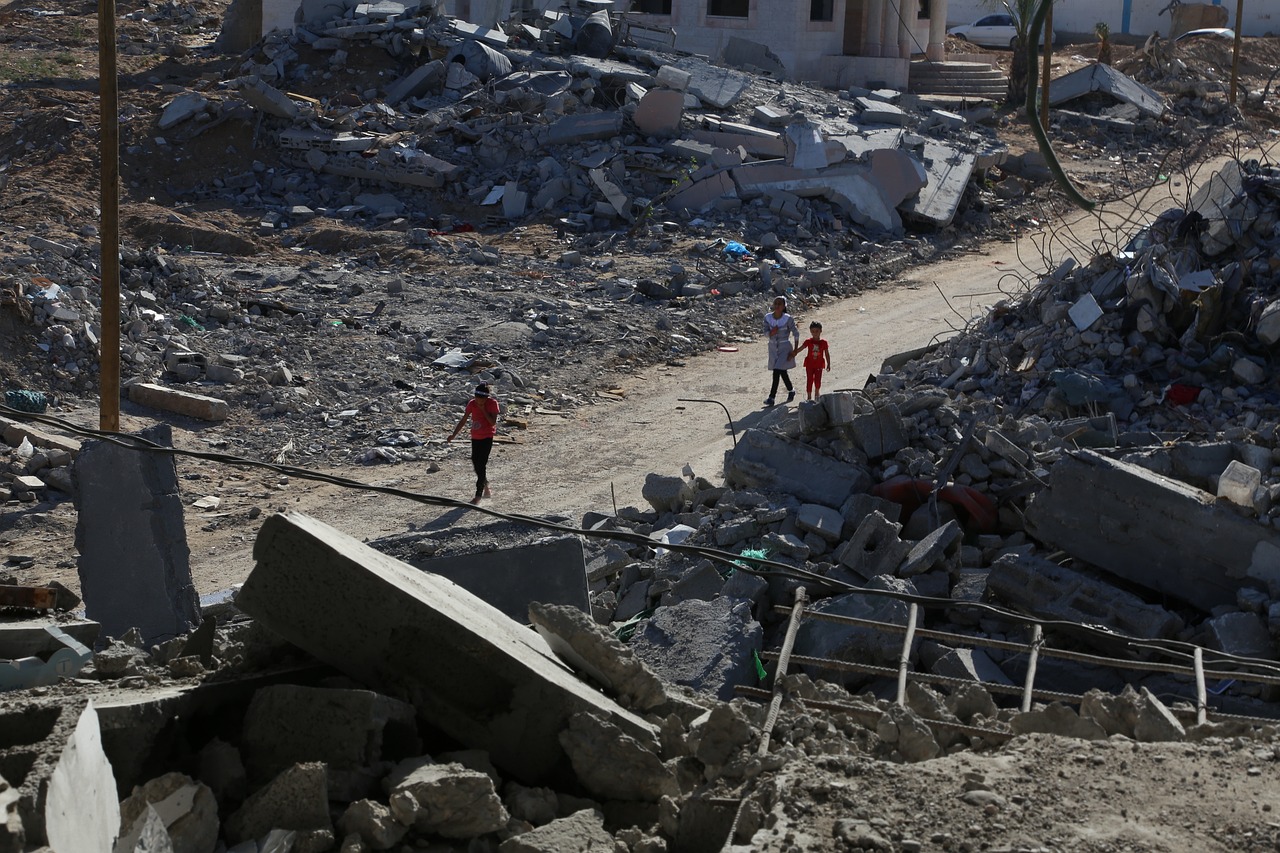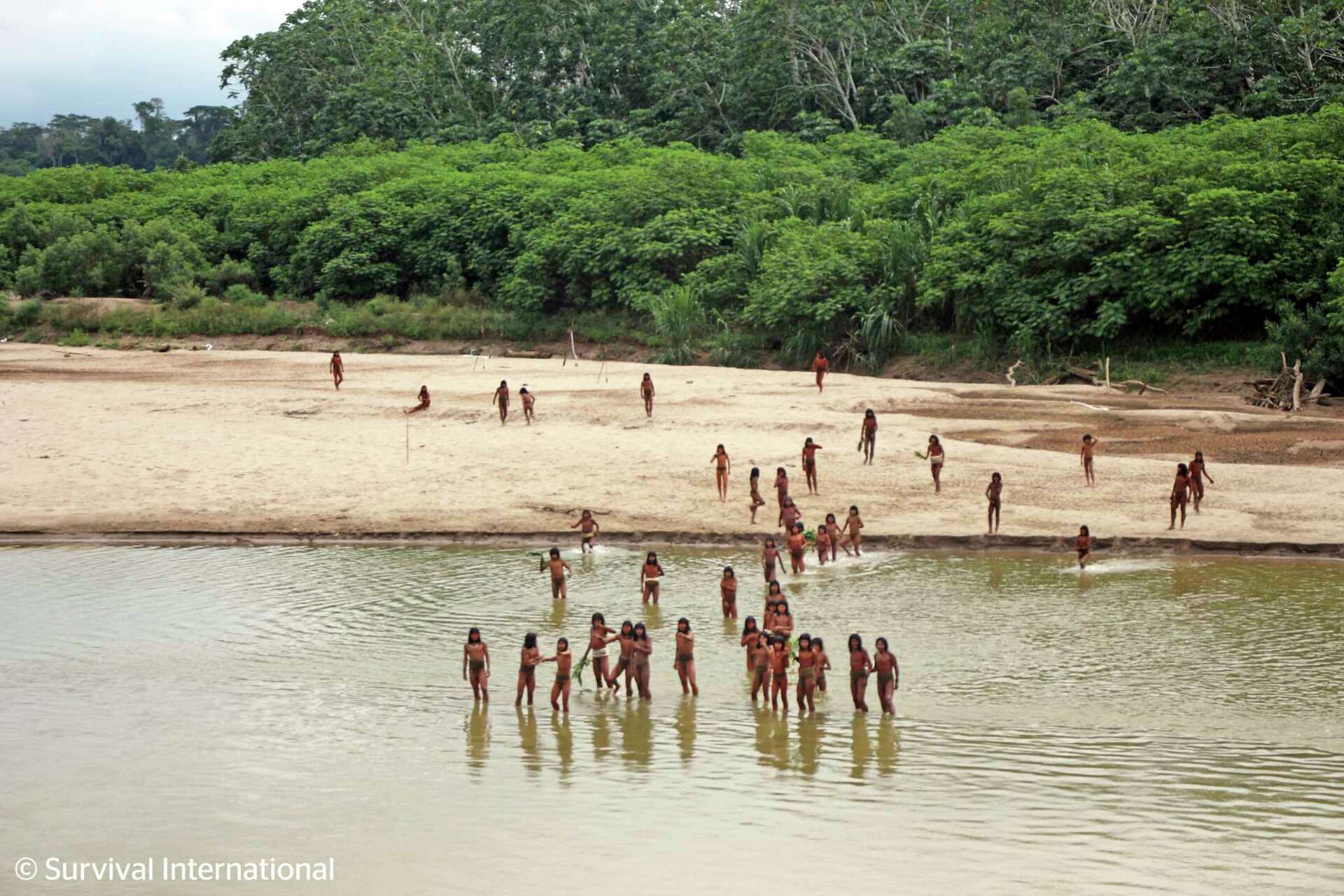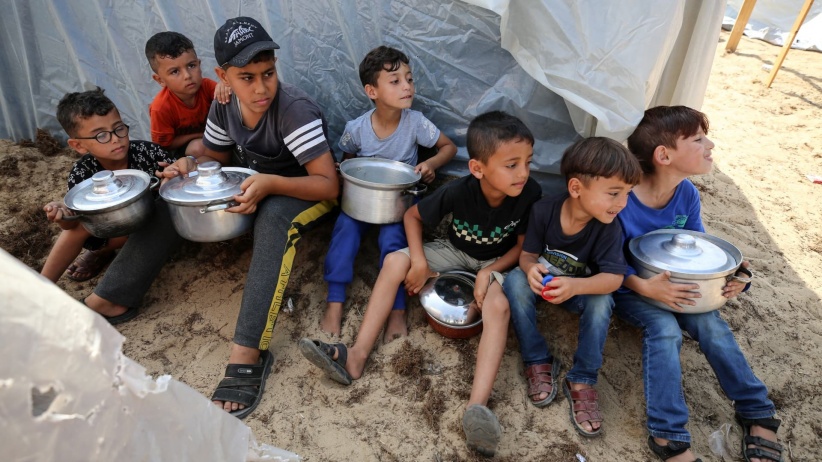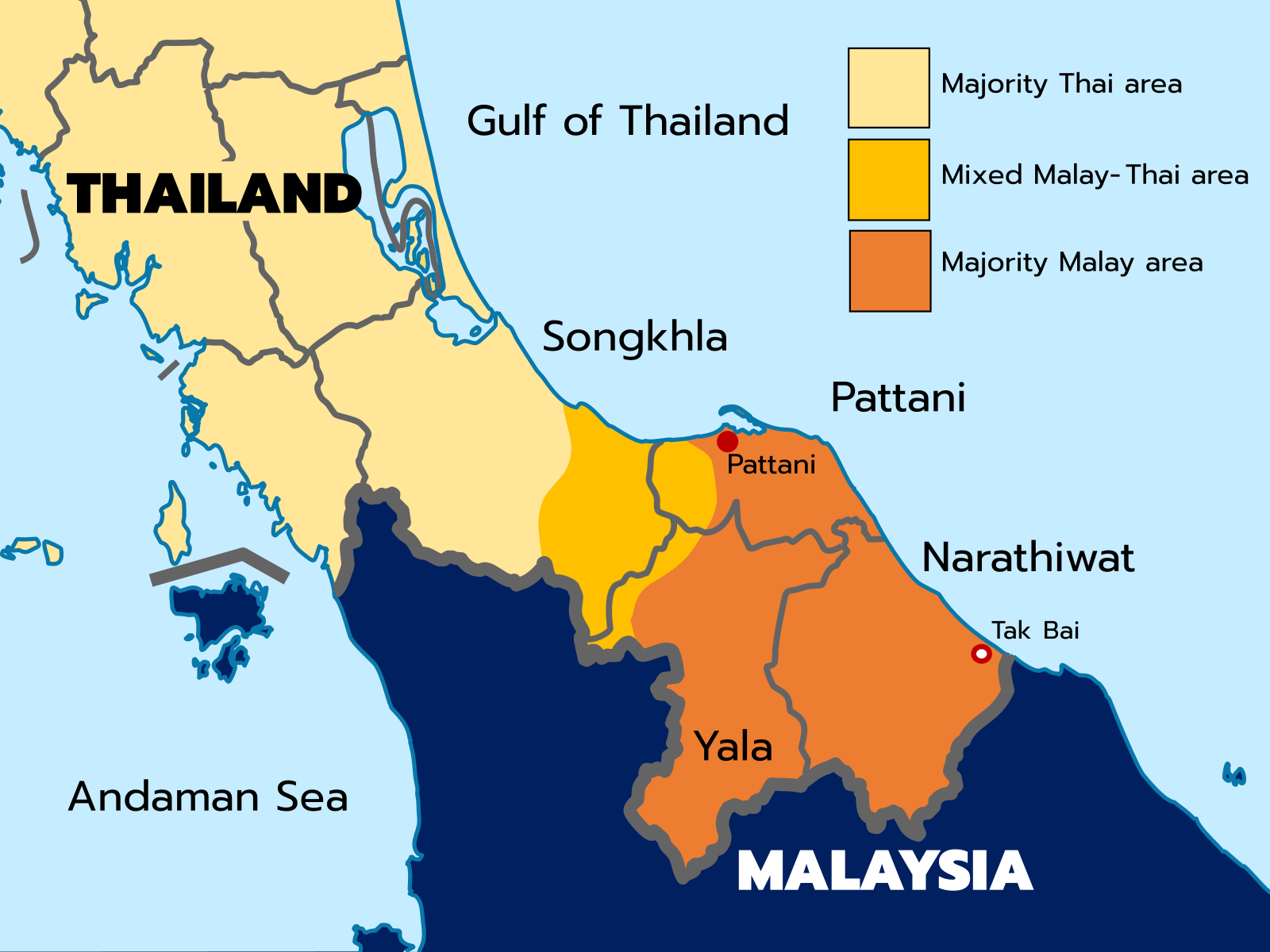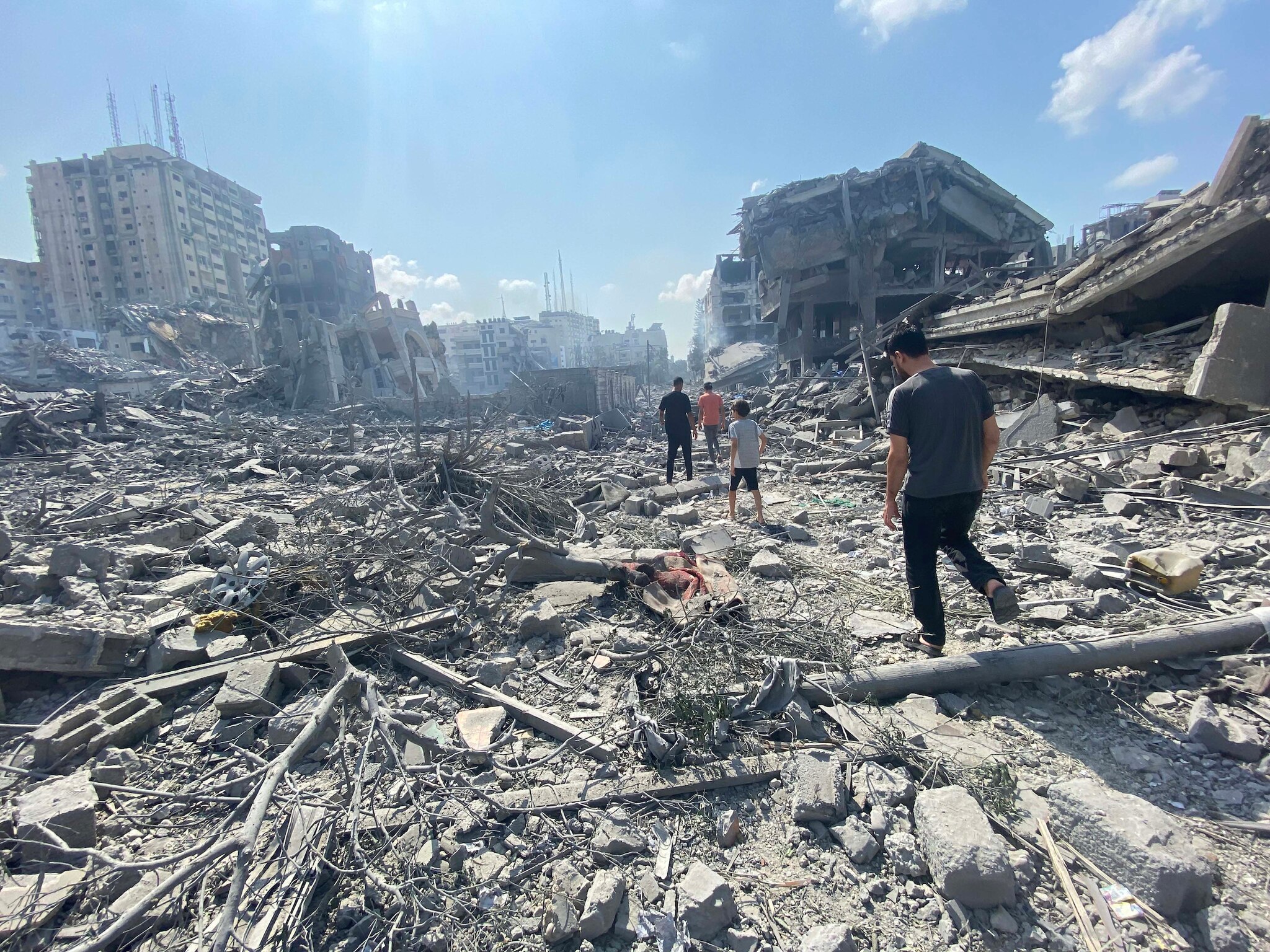
Gaza: demand ‘reckoning’ over ‘horrific violations’
The UN Human Rights Office released a report detailing six months of war in Gaza from November 2023 to April 2024, denouncing the “horrific” suffering inflicted by Israel as well as Palestinian armed groups, and warning of potential crimes against humanity. In an accompanying release, the UN rights chief Volker Türk urged Israel to comply with international law. He warned that there would be a “due reckoning with respect to allegations of serious violations of international law through credible and impartial judicial bodies…” (Photo: WAFA via Jurist)



